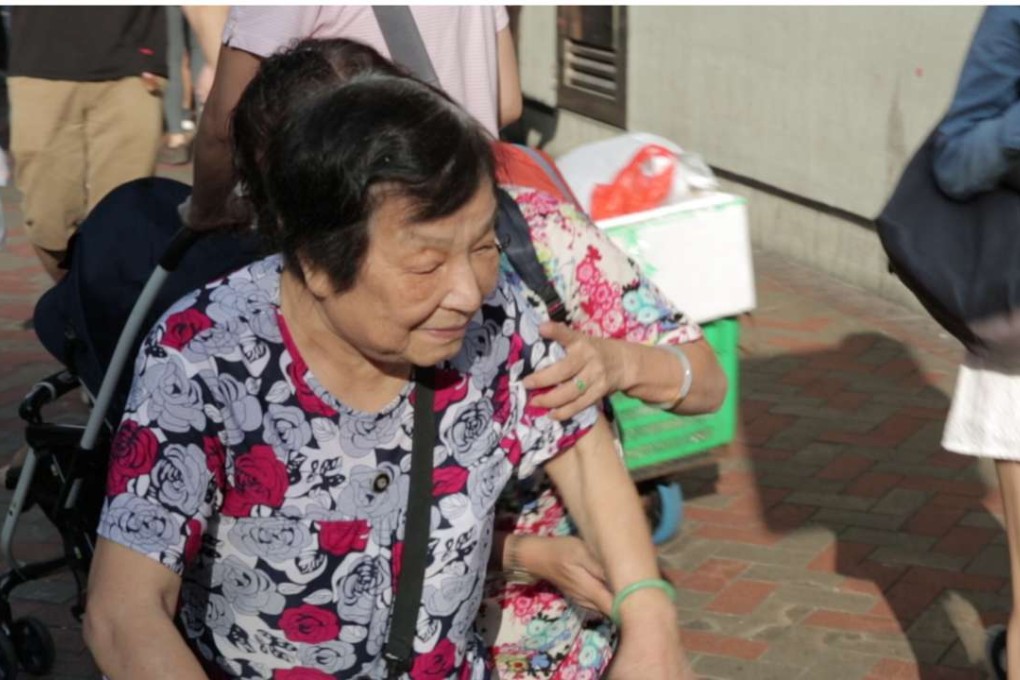Concrete Analysis | The elderly must be offered more suitable private-sector housing
Hong Kong’s over 65-year-olds are expected to number 2.28 million by 2034, and account for 30 per cent of the population

According to government statistics, there were around 1.13 million Hong Kong people aged 65 or above in 2015.
By 2034, that elderly population is expected to rise to 2.28 million, and account for approximately 30 per cent of the then population.
Undeniably, an ageing population is a severe social problem in Hong Kong.
The government’s fundamental elderly care policy is “ageing in place as the core, institutional care as back-up”.
Current elderly social service expenditure, however, seems to be mainly focused on establishing more Care and Attention Homes for elderly people suffering from mental or physical disabilities.
Contrarily, the government appears to be failing to create a better living environment for the more active and healthy elderly people, when implementing that policy.
The Hong Kong Housing Authority and Housing Society (HKHS) have continued to provide public rental housing and tailor-made homes for those elderly who meet the income and assets criteria.
